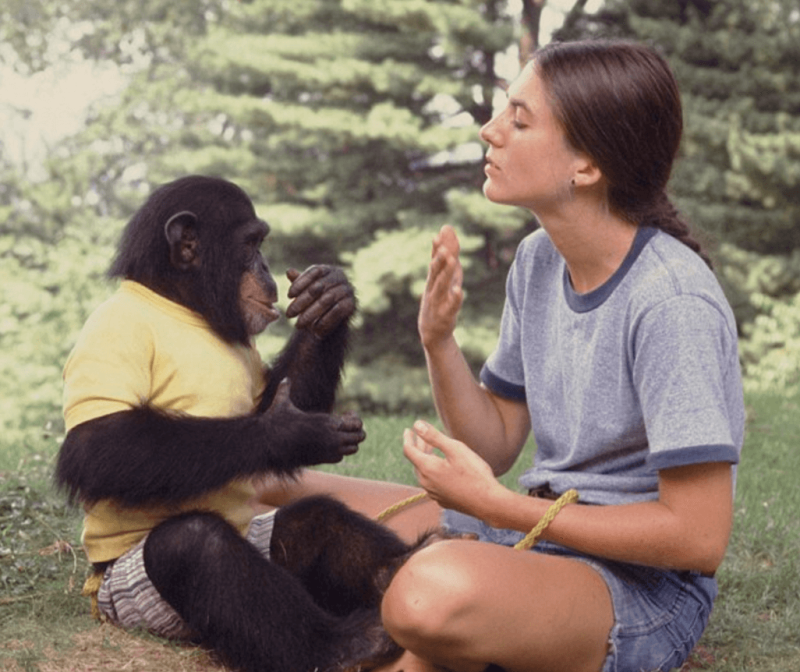The GLP aggregated and excerpted this blog/article to reflect the diversity of news, opinion and analysis.
For centuries, our understanding of animal intelligence has been obscured in just this kind of cloud of false assumptions and human egotism. Frans de Waal, a primatologist and ethologist who has been examining the fuzzy boundary between our species and others for 30 years, painstakingly untangles the confusion, then walks us through research revealing what a wide range of animal species are actually capable of. Tool use, cooperation, awareness of individual identity, theory of mind, planning, metacognition and perceptions of time — we now know that all these archetypically human, cognitive feats are performed by some animals as well.
De Waal argues that we should attempt to understand a species’ intelligence only within its own context, or umwelt: the animal’s “self-centered subjective world, which represents only a small tranche of all available worlds.” There are many different forms of intelligence; each should be valuated only relative to its environment. “It seems highly unfair to ask if a squirrel can count to 10 if counting is not really what a squirrel’s life is about,” de Waal writes. (A squirrel’s life is about remembering where it stored its nuts; its intelligence is geospatial intelligence.) And yet, there’s apparently a long history of scientists ignoring this truth. For example, they’ve investigated chimpanzees’ ability to recognize faces by testing whether the chimps can recognize human faces, instead of faces of other chimps. (They do the former poorly and the latter quite well.)
Read full, original post: ‘Are We Smart Enough to Know How Smart Animals Are?’ and ‘The Genius of Birds’































